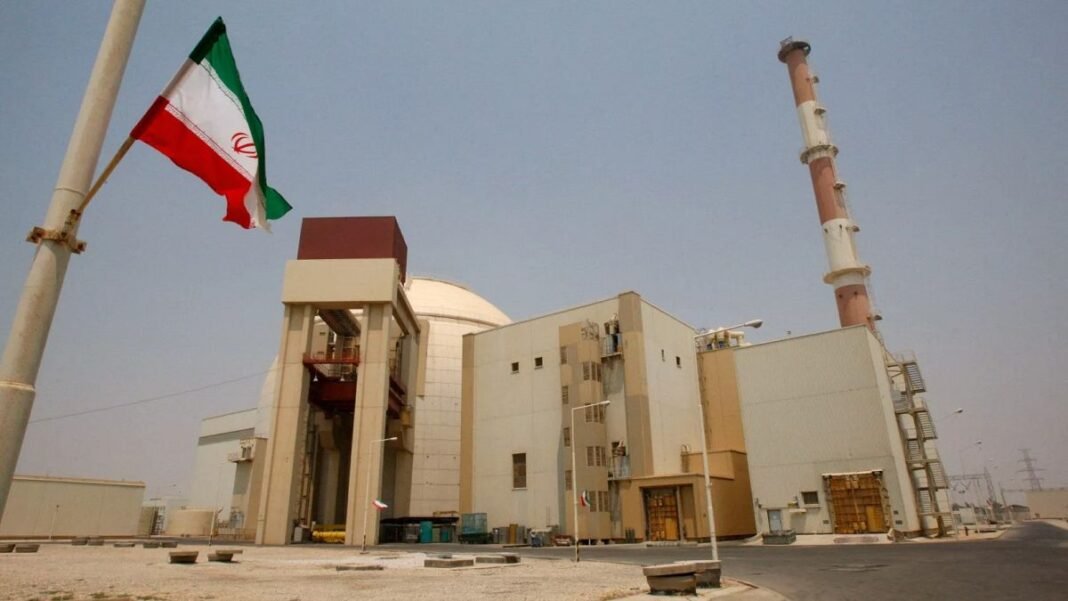It’s published
European authorities on Wednesday told Iran that it has yet to take necessary steps to stop the UN sanctions being reimposed on the nuclear program. The warning time is gone.
Comments from the German Foreign Ministry and the European Union came after Iran on Wednesday called out to represent France, Germany and the UK, as well as representatives of Kaja Karas, the top EU diplomat.
“The window to finding diplomatic solutions to Iran’s nuclear issue is very fast,” Karas warned in a statement.
“Iran must show reliable measures to address the demands of the UK and Germany of France. This means demonstrating full cooperation with the International Atomic Energy Agency and demonstrating inspections of all nuclear sites without delay.”
The German Foreign Ministry wrote separately on Social Platform X, “Iran has yet to take the rational and accurate actions necessary” to stop the re-challenge of so-called snapback sanctions.
In a statement issued hours later, Iranian Foreign Minister Abbas Aragut reiterated that it had “no legal or logical legitimacy” to deprive UN sanctions against Tehran.
He also noted that Iran and the IAEA have reached an Egypt-borne transaction, allowing the UN nuclear watchdog to access all Iranian nuclear sites, and that Tehran has reached a contract to report the location of all its nuclear materials.
However, it remains unclear when Iran will report the report. And in his statement, Araguchi did not offer any other routes to meet concerns from Europe.
“It depends on other political parties to seize this opportunity to pave the path of diplomacy and avoid avoidable crises, indicating the seriousness and belief in diplomacy,” he said.
Strike to Iran
In the 12-day conflict that Israel launched against Iran in June, both Israelis and Americans saw both Iran’s nuclear presence sites, raising questions about the situation of Tehran’s uranium stockpile enriched to weapons-grade levels.
The process of reimplementing sanctions against Iran was called a snapback by diplomats who negotiated Iran’s 2015 nuclear deal with the world powers, and was designed to be rejected by the United Nations.
It will take effect at the end of September unless the Security Council agrees to suspend it.
It will again freeze Iran’s assets overseas, with the halt weapons dealing with Tehran, punishing other measures, such as the development of Iran’s ballistic missile programme, further narrowing down the country’s involvement economy.
The use of snapback mechanisms could raise tensions between Iran and the west, particularly in the region, which remains shaking the Israeli-Hamas War in Gaza, especially after Israel launched its latest ground attacks targeting Gaza city.
In the Landmark 2015 nuclear deal with Iran, known as the Joint Comprehensive Plan of Action (JCPOA), Tehran received sanctions relief in exchange for restrictions on nuclear activity.
The agreement collapsed after President Donald Trump retracted the United States in 2018, accusing him of “negotiating the worst deal ever,” and redesigning what he called the “major pressure” campaign against Iran.
Additional sources •AP
